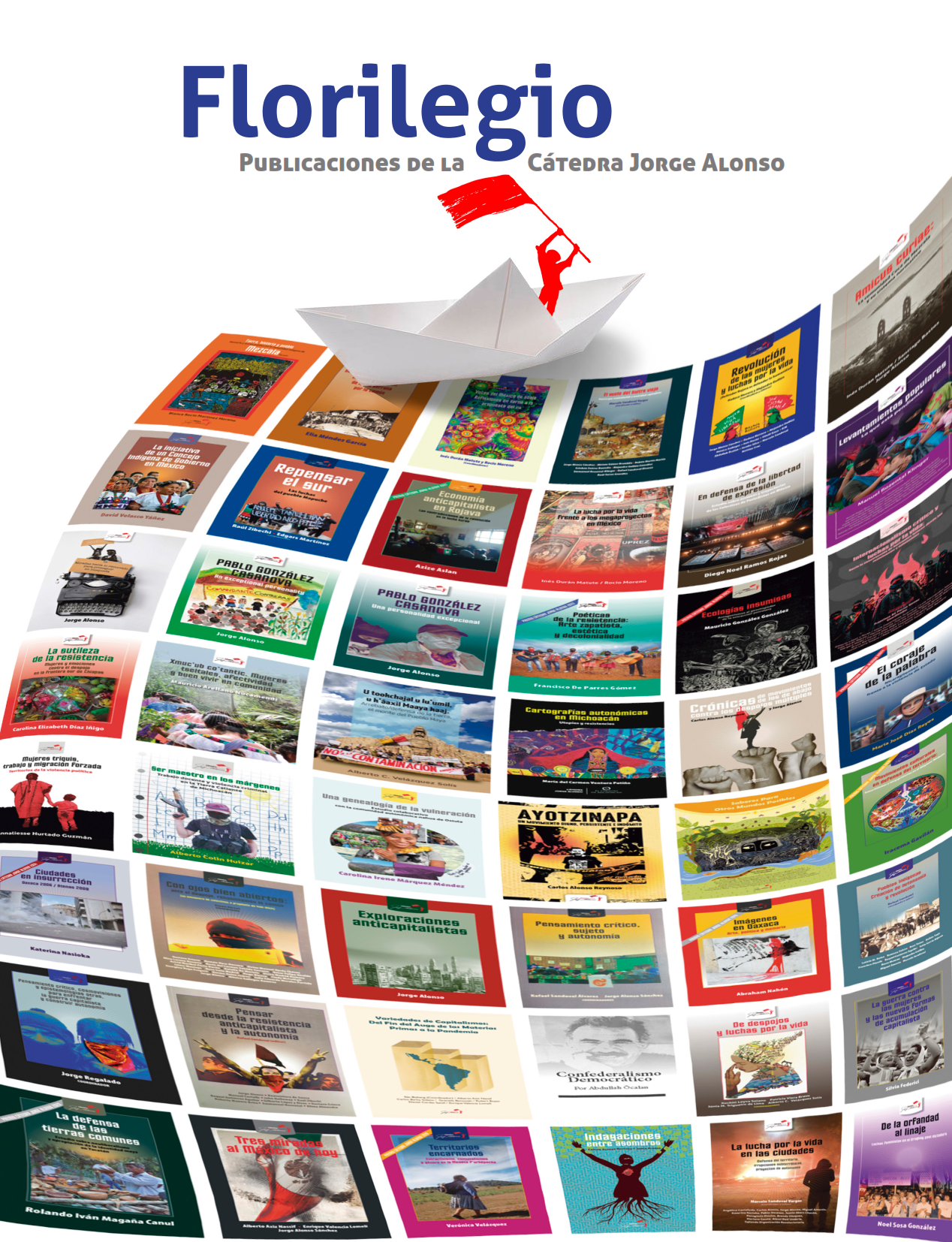Manipulation in Interpellation of Iraqi Parliamentary Discourse
Resumen
ABSTRACT
The purpose of this study is to analyze the language of parliamentary discourse and in particular interpellations. These interpellations are forwarded by an MP- usually affiliated to an opposition party- to the speaker, who in turn decides on the adequacy and sufficiency of the evidences provided to justify an interpellation. The interpellator then presents his argument, and in the same session the Minister is invited to answer to the allegations. It focuses on the discourse of both MPs and Ministers looking at the strategies employed by both parties to persuade and convince those who are listening to the proceedings.
Citas
ALI, Y. (1938). The Meaning of the Glorious Qur’anic. Cairo: Dar Al Kitab Al- Masri.
ATKINSON, H.M. (1984). Our Masters’ Voices: The language and Body Language Politics. London: Methuen.
BEARD, A. (2000). The language of Politics. London: Routledge.
BHATIA, V. (1993). Analysing Genre: Language use in Professional Setting._ New York: Longman
CHARTERIS-BLACK, J. (2005). Politicians and Rhetoric: The Persuasive Power of Metaphor. Bansington: Palgrave Macmillan.
CHILTON, P.A. (2004). Analysing Political Discourse: Theory and Practice. London: Routledge.
CHILTON, P.A. and C. Schaffner (1997). “Discourse and Politics”. In T.van Dijk (ed.) Discourse as Social Interaction, London: Sage, 206-30.
CONNOLLY, W.E. (1983). The Terms of Political Discourse. Princeton: Princeton University Press.
DUDLEY- EVANS, T., & M. ST. JOHN. (1998). Developments in English for Specific Purposes: A multi-disciplinary Approach. Cambridge: CUP.
EDELMAN, M.J. (1977). Political Language: Words that Succeed and Policies_ that Fail. New York: Academic Press.
ILIE, C. (2000a). “Cliché – based metadiscursive argumentation in the House of Parliament” International Journal of Applied Linguistics, 10(1), 65-84.
ILIE, C. (2000b). “Unparliamentary Language: Insults as Cignitive Forms of Ideological Confrontation” In R. Dirven, R. Franhk, C. Ilie, (eds.) Language and Ideology. Vol.II: Descriptive cognitive approaches.
JOHNSTONE, B. (1991). Repetition in Arabic Discourse: Paradigms, Syntagms, and the Ecology of Language. Pragmatics & Beyond New Series. Amsterdam: John Benjamins.
RIGGINS, S. H. (1997). The Language and Politics of Exclusion: Others in Discourse. California: Sage Publication.
SORNIG, K. (1989). “Some remarks on Linguistic Strategies of Persuasion”. In R. Wodak (ed.) Language, Power and Ideology. Studies in Political Discourse. Amsterdam: John Benjamins, pp.95-113.
SWALES, L. (1990). Genre Analysis: English in academic research setting. Cambridge: CUP
TODOROV, T. (1982). The Conquest of America. New York: Harper.
VAN DIJK, T.A. (1998a). “Critical Discourse Analysis”. Homepage of Teun A. van Dijk. http:// www.hum.uva.nl/-teun/cda.htm
VAN DIJK, T.A. (1998b). “Categories for the Critical Discourse Analysis of Parliamentary Debates about Immigration”. Homepage of Teun A. van Dijk. http:// www.hum.uva.nl/-teun/categori.htm
VAN DIJK, T.A. (1999). “Parliamentary Debates.” _ Homepage of Teun A. van Dijk. http:// www.hum.uva.nl/-teun/parl-deb.htm
VAN DIJK, T.A. (2000a). “On the analysis of Parliamentary Debates on Immigration”. In M.Reisilg & R. Wodak (eds.), The Semiotics of Racism. Approaches to Critical Discourse Analysis. Vienna: Passagen Verlag, pp.85-103.
WALES, K. (1989). A Dictionary of Stylistics. London and New York: Longman.
WILSON, J. (1990). Politically Speaking: The Pragmatic Analysis of Political Language. Oxford: Basil Blackwell Ltd.









